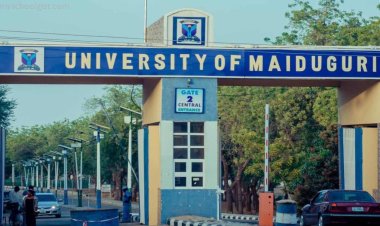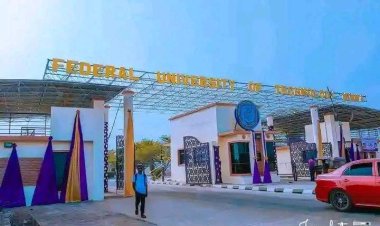Nigerian Education Loan Fund to Review Stipends Amid Economic Challenges
The Nigerian Education Loan Fund (NELFUND) has announced plans to periodically review its monthly stipend of N20,000 for students, in response to changing economic conditions.

The Nigerian Education Loan Fund (NELFUND) has announced plans to periodically review its monthly stipend of N20,000 for students, in response to changing economic conditions. Oseyemi Oluwatuyi, the Fund’s Director of Corporate Communications, confirmed this during an interview in Abuja on Wednesday.
Currently, NELFUND provides N20,000 per month to each student, in addition to covering institutional fees directly paid to schools. Upkeep loans, however, are deposited into students' personal accounts. Recently, the Fund extended the stipend to over 20,000 students.
Oluwatuyi explained, “The N20,000 monthly stipend is a starting point. We will adjust the amount as necessary to reflect economic realities.”
Addressing concerns about students being excluded from exams due to unpaid fees, Oluwatuyi stated that the Fund cannot cover fees retroactively. “NELFUND will support students starting from their next session, not for past sessions,” she clarified.
In a recent development, NELFUND has added 22 new state-owned tertiary institutions to its loan scheme, bringing the total number of participating institutions to 108. This expansion follows a review by the Student Verification System committee and is part of President Bola Tinubu’s educational reform agenda. The Access to Higher Education Act, signed into law shortly after Tinubu's inauguration, established NELFUND to facilitate loans for low-income students.
On Wednesday, the National Association of Nigerian Students (NANS) expressed gratitude to the Economic and Financial Crimes Commission (EFCC) for contributing N50 billion in recovered funds to NELFUND. NANS Senate President Babatunde Akinteye commended the EFCC for its commitment to supporting Nigerian students amid rising educational costs, emphasizing the critical role of such funding in overcoming financial barriers to education.

 Lois Udoye
Lois Udoye 



